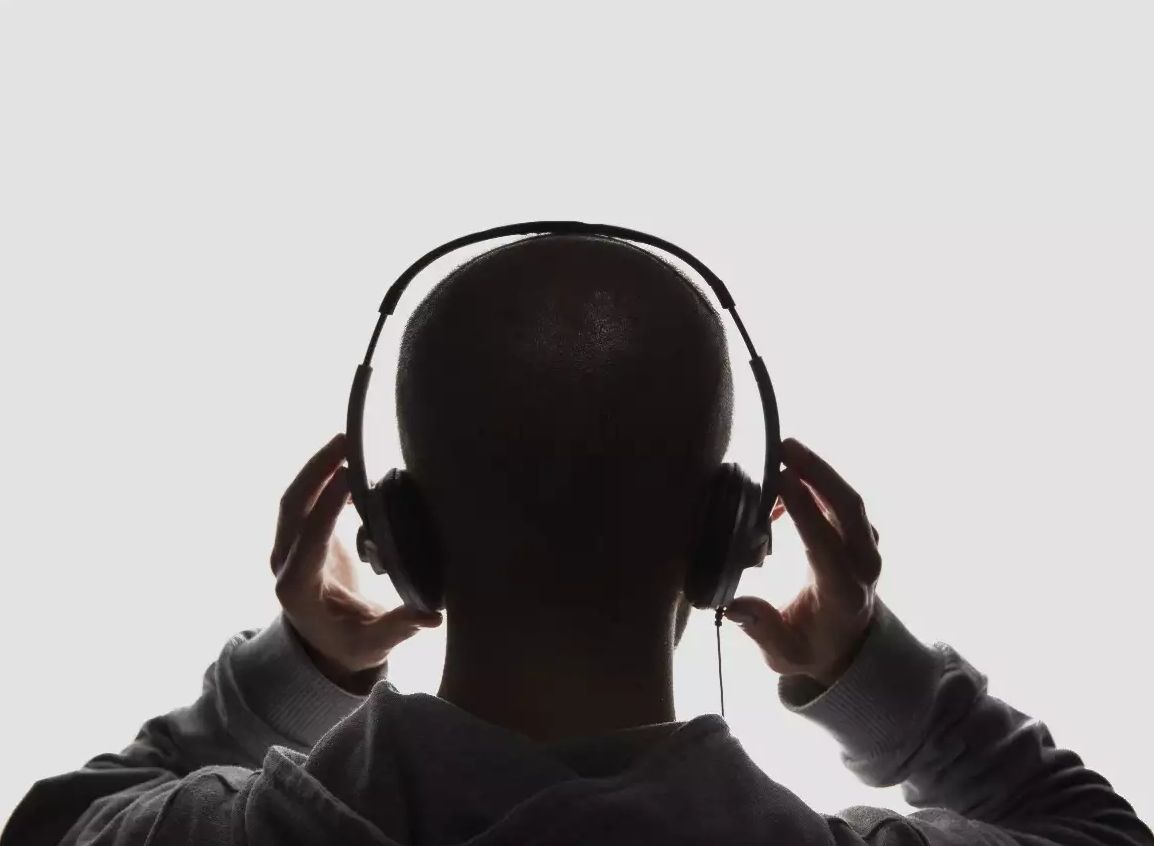Goals are the lighthouses of our ambition, guiding our daily actions so that we move towards achieving our ultimate life purposes. Goals are the building blocks that we can use to build our purpose in life.
Mokuteki 目的 [pronounced mock-tek-eee] are goals. Without goals, we have no map to guide us forward in achieving our ultimate ambitions.
Goals are the fuel and the roadmap for our purpose in life, ikigai (read more here).
First, consider what a goal is not. A goal isn't a purpose or a reason – "I want to build a company" or "I want to be a great parent." Those are all worthy purposes, but that's exactly what they are: they are a purpose for which you create goals and plans.
Now consider what a goal is: it's a concrete and complex target that has different parts. It's a building block (sometimes the only one; sometimes a goal is one of many) that helps you achieve one of your key purposes in life.
A goal, unless it's trivial, always has tasks and sub-parts. If your goal is to buy a new car, it consists of perhaps a dozen tasks including researching the types and brands of cars to buy; identifying what cars are available and at what prices; arranging financing possibly; negotating the purchase of the car; and then finally actually purchasing and using the car.
Goals as Lighthouses
A goal can act as a lighthouse – a sort of beacon on the horizon to navigate towards.
Consider the actual kanji and its components: literally, the two kanji that make up mokuteki 目的 are "eye" and "target" – so we can understand a goal as being something that is a target and a target that we keep in sight at all times, and make progress towards.
Our days are filled with so much, including so much noise. Keeping on track and making progress towards are goals is important, but its only possible if you actually have goals. Otherwise you're the proverbial bottle floating in the ocean, going wherever the current takes you.
We steer towards those goals and perform tasks that move us closer to those goals. Certainly, we don't always steer in a straight-line, do we? Life, unfortunately, isn't quite that simple.
But having those goals act as our navigation beacons helps us stay on track despite being affected by everything else in our day.
Goals as Plan
There's a pithy old saying that is very germane here: those without plans are planning to fail.
And that's exactly true.
The default plan in our day is reactive: we react to emails, phone calls, the people and things around us. Being reactive won't move you anyplace other than towards the goals of other people. Literally, you accomplish very little in this case.
But if you have a plan, you have a roadmap. Goals are that plan, that map.
Imagine setting out on a trip to another city. Yes, you could simply start driving in the rough direction of your destination, and rely on road signs to take you there. But wouldn't you get there a lot faster with a map? Of course you would!
You'll achieve your ambitious purposes only by setting out goals, and then acting on them.
Goals Free Your Creativity
And lastly, remember that to be your most productive and creative self, you need goals. That means making plans, and acting on them.
Planning frees your creative energies to actually create: goals create space for your creativity. Don't think of goals and planning as restraining or constrictive. They are not that at all.
Goals set you free, and they set you free to create, and to achieve, and ultimately, to fulfill the purposes for which you live and work.
| Kanji/Katakana | Meaning |
|---|---|
| 目 | see or eye (me) |
| 的 | target (mato) |
| 目的 | goal (mokuteki) the kanji combine to form a concept that is pronounced differently |
Editor's Note: This lecture has been delivered many times by Sensei; among those times, it was delivered by Sensei in Mill Valley, California on 11 January 2012, and then again most years as part of the Cycle of Four (read more here) during the month of Janaury.




![Taikibansei — Great Talent, Evening Forming 大器晩成 [Edition 2025]](https://images.unsplash.com/photo-1534447677768-be436bb09401?crop=entropy&cs=tinysrgb&fit=max&fm=jpg&ixid=M3wxMTc3M3wwfDF8c2VhcmNofDIzfHxzaG9vdGluZyUyMHN0YXJ8ZW58MHx8fHwxNzQ0MTU3MTQzfDA&ixlib=rb-4.0.3&q=80&w=720)
![Gaden Insui — Pull Water to My Own Rice Paddy 我田引水 [Edition 2025]](https://images.unsplash.com/photo-1512117789060-5de1ecef9eb7?crop=entropy&cs=tinysrgb&fit=max&fm=jpg&ixid=M3wxMTc3M3wwfDF8c2VhcmNofDF8fHN0YW5kJTIwdXB8ZW58MHx8fHwxNzQzMzYwMTAzfDA&ixlib=rb-4.0.3&q=80&w=720)
